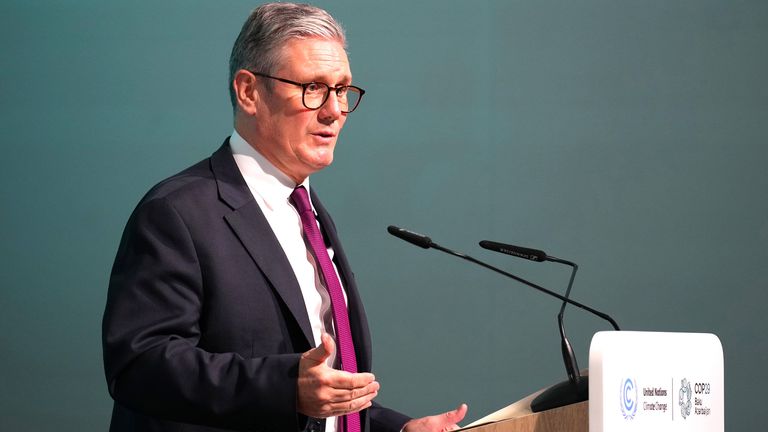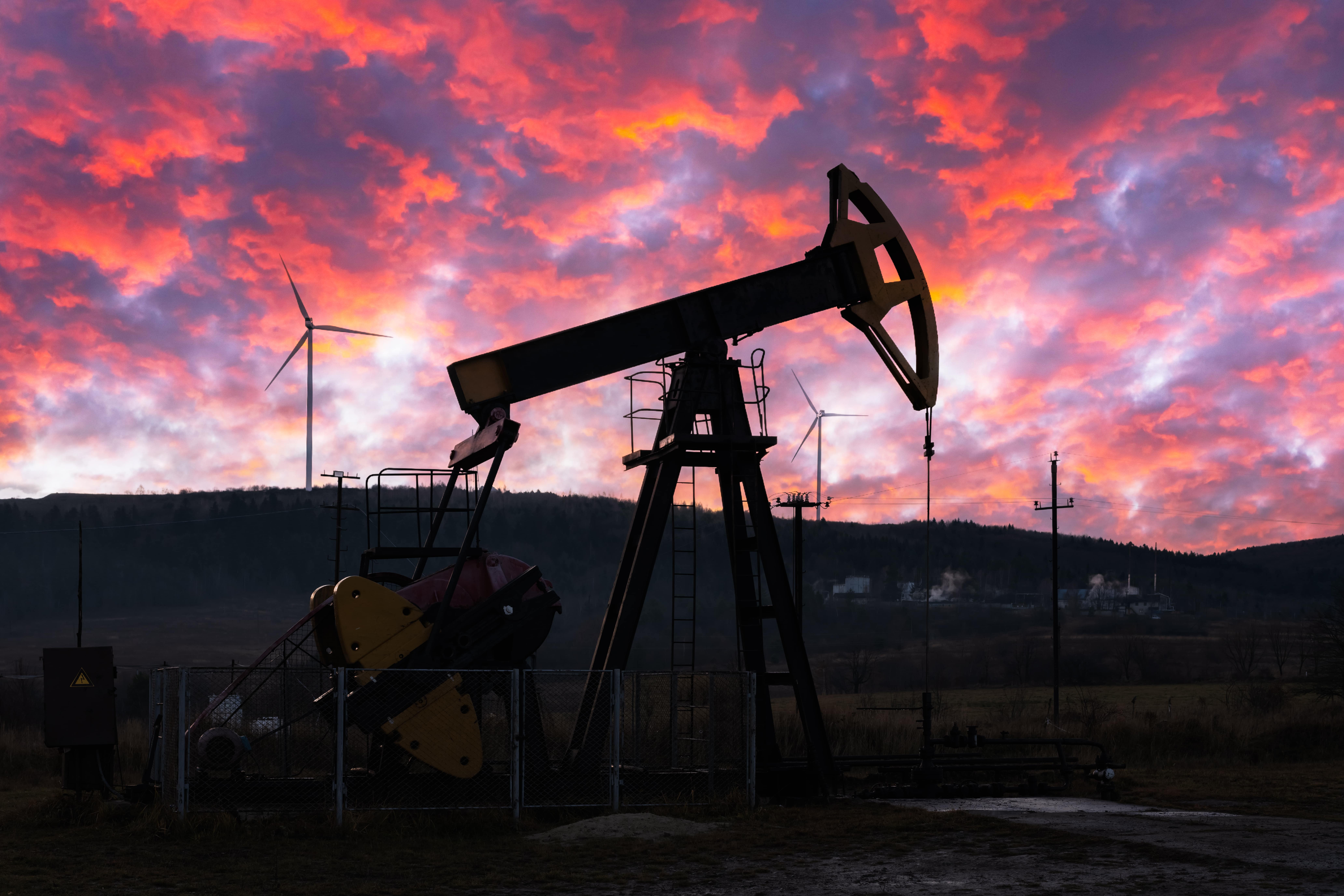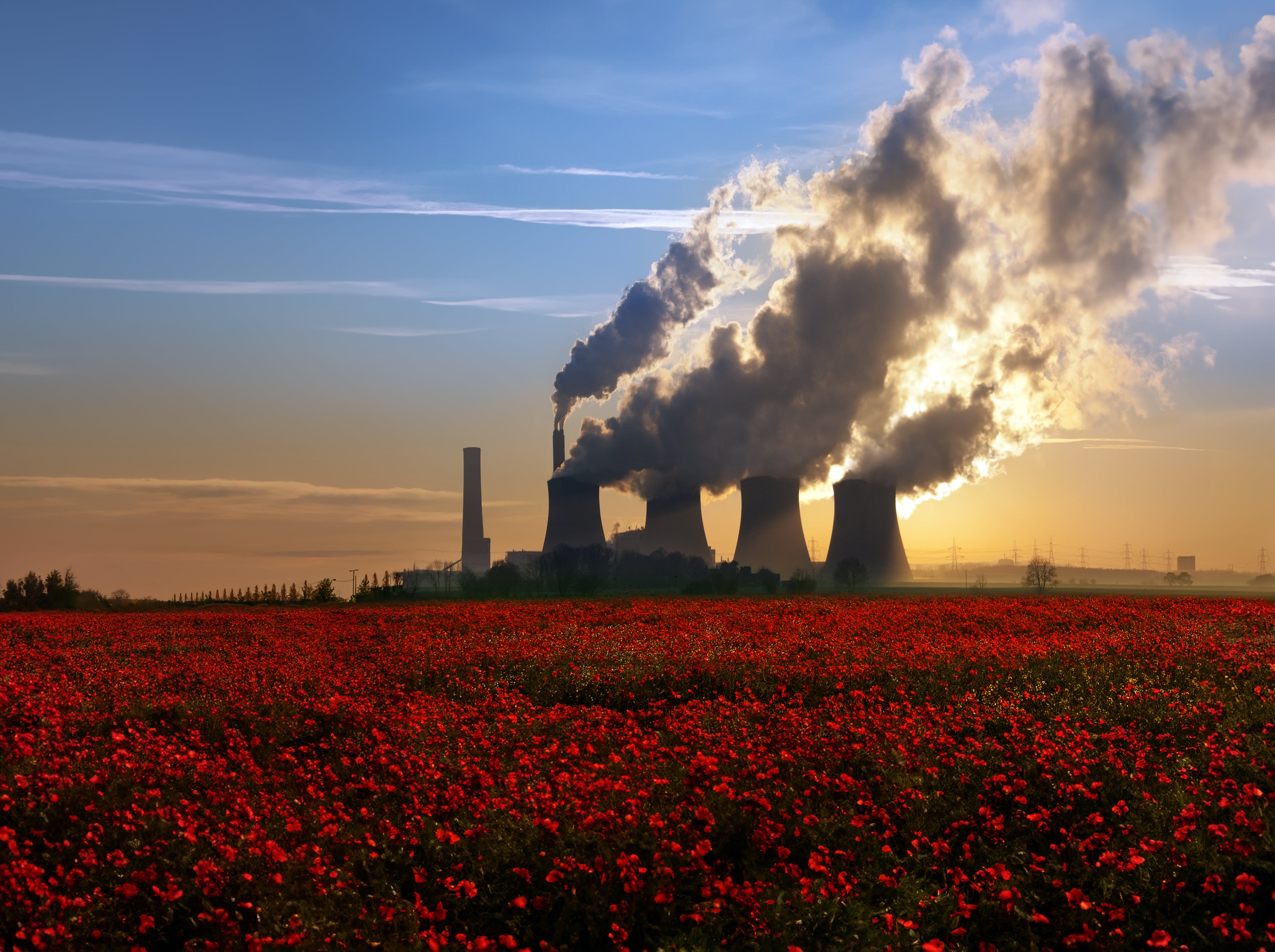One year ago, First Mile founder and CEO Bruce Bratley wrote a piece about COP28, then held in the United Arab Emirates, and the vital actions that were needed.
Fast forward to 2024, with COP29 in full swing, Bruce reflects on the outcomes from last year’s climate change convention and what to expect from this year’s summit.
Which country is COP29 being held in and what are the dates?
Azerbaijan is the host of the 29th Conference of Parties (COP29) in 2024, with the event being held in Baku. It is taking place between November 11th and November 22nd with a theme of ‘Solidarity for a Green World’.
Who is attending COP29?

It is expected that 198 parties will be represented by either leaders or delegates throughout the event, with those being 197 different countries and the European Union. However, one of the big talking points of this year’s event is the decision by many leaders to skip the event, including US President Joe Biden and European Commission President Ursula von der Leyen.
What happened during COP28?
COP28 was seen as a crucial event for the United Nations, as it presented a vital opportunity to find worldwide solutions to curbing global emissions in a bid to keep the planet’s temperature at or below an increase of 1.5 degrees, as previously outlined in the Paris agreement.
With projections suggesting the world was on course for a global warming increase of 3 degrees, the Dubai convention was seen as an ideal time to reach critical agreements and start heading in the right direction towards a green world.
COP28 Summary and Outcomes

Last year, Bruce Bratley highlighted six different areas that needed immediate actions, including a controlled end to coal usage and a reduction of methane emissions. Has anything changed one year on? Bruce gives his thoughts.
Oil companies and renewable energy

The first call was for oil companies to start investing a meaningful amount of their huge profits into transitioning to clean and renewable energy instead of the small proportion they are currently allocating to it.
Has this happened?
Bruce: “Sadly, no real change has taken place. The action still stands and is relevant to this day. While the Labour government have made some changes to windfall tax and set up GB Energy, we need them to be making a case for global. If they don’t, oil will simply be extracted elsewhere in the world.”
Great British Energy (or simply GB Energy) is a new, publicly owned clean energy company, whose aim is to transform the current UK power system and decarbonise the entire grid by 2030.
In addition to generating jobs and boosting national income, GB Energy plans to invest in and own new projects, including community-owned renewable energy initiatives, enabling people to actively participate in the transition to net zero.
The eventual end of coal usage

One of the main contributors to greenhouse gas emissions, the burning of coal to produce energy needs to be phased out in a controlled manner, as it will affect a lot of jobs globally.
That is why Bruce explained a just transition was crucial, but so was the long-term health of the planet and the future generations who will be living on it.
So, where are we now, both in the UK and globally?
Bruce: “There has been some good progress in this department on a national level, as the UK’s final coal power station in Ratcliffe-on-Soar closed in September of this year, finally stopping the production of power from coal in the UK. However, we have a long way to go on a global scale, as there are still over 2500 plants operating around the world.”
The Ratcliffe-on-Soar Power Station was commissioned in 1968 and ran for nearly 60 years just south of Nottingham. After it was announced in 2015 that all coal-fired power stations would be closed by 2025, it was finally decommissioned on September 30th, 2024, with the final train of coal delivered to it in June of the same year.
Its closure marked the end of 142 years of coal power generation in the United Kingdom, with the site now expected to be redeveloped after a two-year full decommissioning process.
Reduction of methane emissions
As well as coal, methane gas is a significant contributor to global warming, and targeting its main sources, primarily fracking, gas flaring and waste management, is crucial.
Bruce called for stringent regulations to be implemented and for an investment in cleaner technologies to reduce methane emissions, in turn mitigating their impact on climate change.
Has any change taken place?
Bruce: “Much like with oil, there has been no real change in this department. The main areas are still waste and oil/gas extraction, with a lot to do here globally. However, we have seen some good signs in the UK, with the landfill tax rising to £126 per tonne.
This will encourage recycling, and the government is still on track to introduce mandatory food recycling from 2025 for businesses through ‘Simpler Recycling’, meaning we are heading in the right direction.”
The ‘Simpler Recycling’ Reform is expected to be a big change for businesses throughout the country, bringing in a new set of regulations that will help make recycling easier and ensure core recycling collections are happening across the nation.
These will start coming into force on April 1st, 2025, for all businesses (except micro-businesses) and will primarily affect the food industry, since food waste will no longer be able to be included in general waste.
However, in July 2024, First Mile discovered that half of business owners in the country were unaware of these new regulations, and just 17.6% of businesses in England had already made changes to accommodate them.
Reaching an agreement on plastic pollution

Last year, Bruce explained that plastic pollution had already reached alarming levels and was posing a significant threat to both our ecosystems and marine life. That’s why a call for an international agreement addressing this big problem through controlled use, control of waste and effective recycling was made.
Did this ever happen?
Bruce: “Not yet, but in November 2024, after COP29, governments will come together in the Republic of Korea in Busan for the fifth and last round of negotiations for a global treaty to end plastic pollution. Let’s hope they agree!
“In the meantime, we still need to work on recycling plastic, which is a useful material, at the end of its life.”
The 5th Intergovernmental Negotiating Committee meeting in Busan will take place between November 25th and December 1st, and if they do agree on a deal, it is expected to be open for ratification by mid-2025.
Climate Investment Target
Bruce pointed out that NATO countries have a defence spending target of 2% of their GDP and explained that something similar was needed for climate change to accelerate the transition to a low-carbon economy.
If this was achieved, it would show a serious intent to try and head into a greener future.
Was it?
Bruce: “Nothing happened here. Instead, countries ended up spending more on defence and warfare, leaving no more money for the planet.”
Transformation of global financial systems
Following a call for the setting of a climate investment target, Bruce also added that we, as a planet, needed to entirely change our global financial systems to consider environmental impacts and move towards far more sustainable circular economies.
While this was never going to happen overnight, more people have started to bring this idea forward, including the Just Transition Finance Lab at the London School of Economics and Political Science, led by Professor Nick Robins.
Their research has shown that a transformation of the current $500 trillion global financial system is required to move away from fossil fuels, especially when it comes to investment decisions, and a good place to start would be the green, social, sustainable and sustainability-linked (also known as GSS+) bond markets, ‘where the total issuance now stands at $3.7 trillion’.
Will it work?
Bruce: “This is a massive opportunity for the world to evolve, and as Nick Robins says, the strategic prize for just transition finance is to bring measurable improvements in social justice, faster action on climate and nature, as well as the creation of new sources of value.”
What to expect at COP29?
With some changes made, at least on a national level, there is hope that COP29 could see some progress towards mitigating climate change on a global scale, and as 2024 appears to be the warmest year on record, the pressure has never been greater.
On the financial side, there is also an aim to create a ‘New Collective Quantified Goal on Climate Change’, which would contribute towards funding decarbonisation in developing countries and help them start adapting to the use of greener and more sustainable energy sources.
Has there been any controversy at COP29 so far?
Argentina’s representatives pulling out after the start of the event has raised concerns about the Paris Agreement and whether there is a loss of confidence in the legally binding international treaty on climate change reached in 2015.
This has all happened after the 2024 US Election, won by Donald Trump, who pledged to leave the Paris Agreement for a second time during his campaign, having previously done so during his first tenure in the White House.
Only time will tell how this affects global warming and the Committee of Parties in the long-term, but considering few actions were taken on a global scale after COP28, there is little reason to believe COP29 will be any different.


